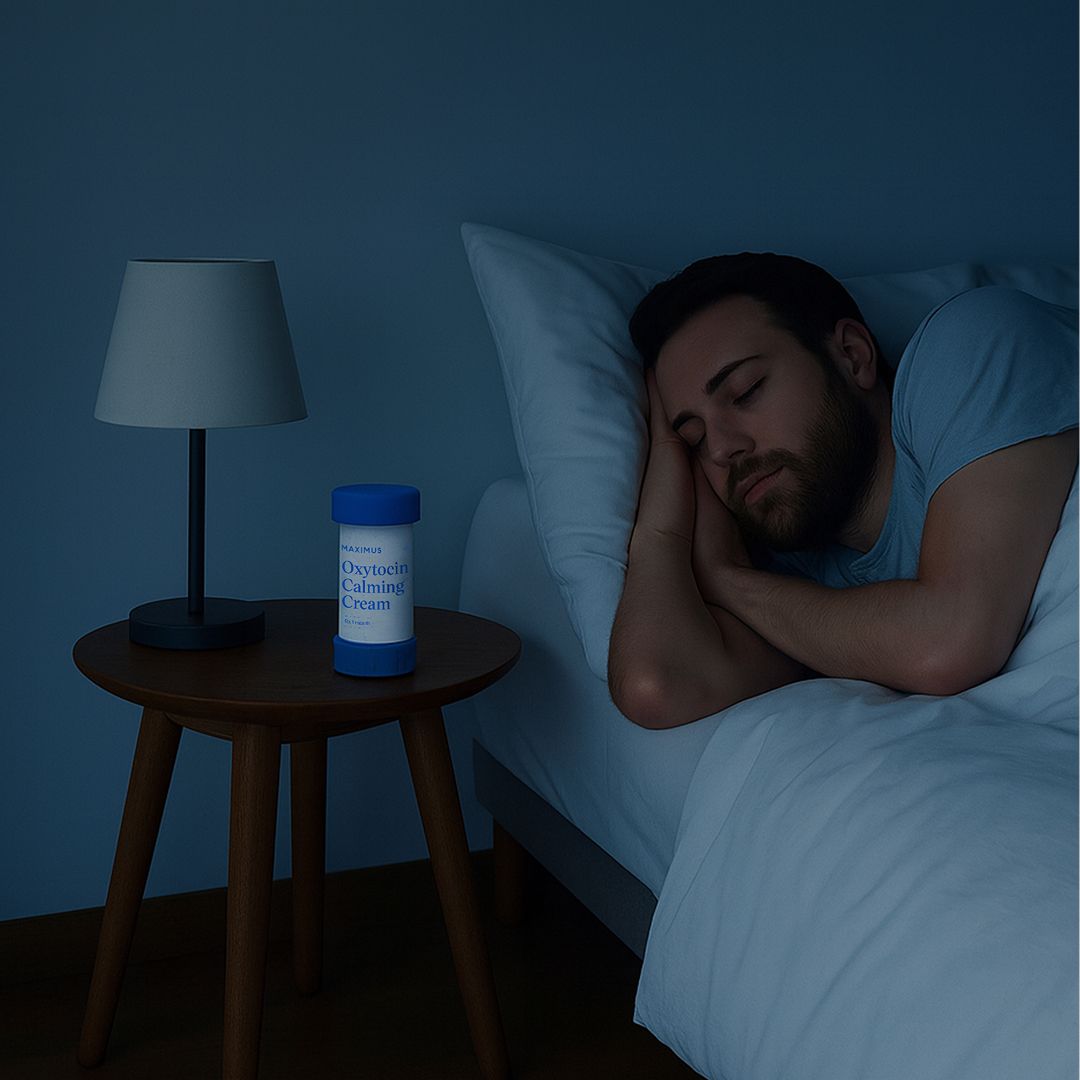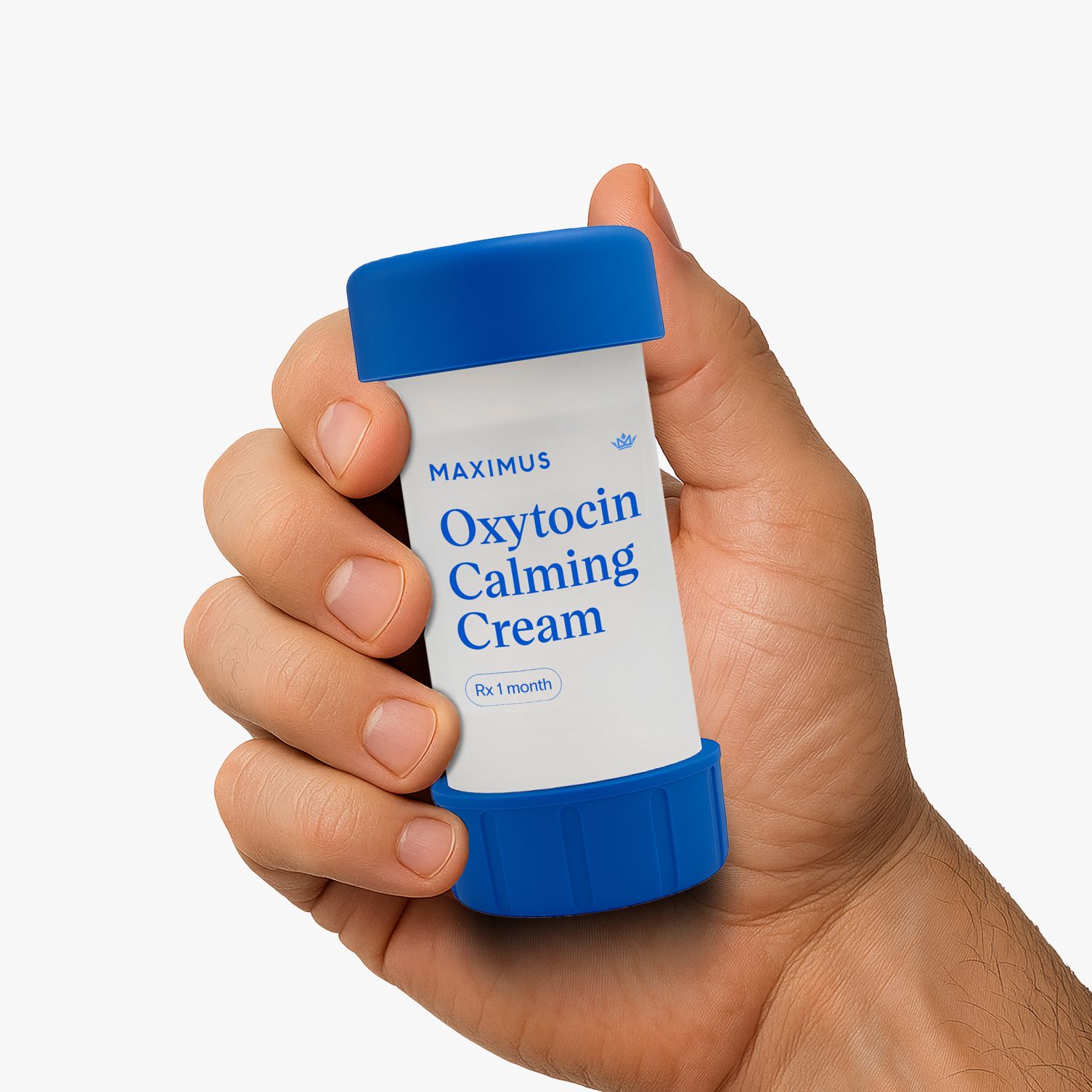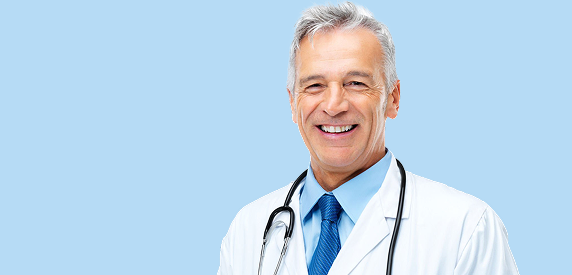Key takeaways:
- Low testosterone can pose challenges to building and maintaining muscle mass.
- The benefits of improving testosterone levels, either naturally or through testosterone therapy, include increased muscle mass, enhanced fat loss, faster muscle recovery, and increased strength.
- In addition to testosterone therapy, lifestyle habits like adequate sleep, a healthy diet, and stress regulation, may contribute to improved testosterone levels and overall physical health.
You’re drinking whey every morning, doing the requisite deadlifts, and spending more than enough time at the gym, but you’re still not seeing the gains you want to see. What are you doing wrong?
Chances are, it’s not your fitness routine that needs an overhaul, but your hormone levels. You may already know that testosterone plays a big role in regulating your libido and your sperm production, but maintaining optimal testosterone levels is just as crucial for muscle growth, strength, and energy. When you have low T, you may experience reduced muscle gains, weakness, and a lack of stamina. Increasing your testosterone naturally or with testosterone therapy can give you the extra edge you need to improve your overall fitness.
Here’s what you need to know about how improving testosterone improves your physical health, and what you can do to get your T levels back up.
Testosterone: What it is and how it impacts your body
To understand why testosterone is important for muscle growth, it’s helpful to understand how it works in your body and the many functions it helps with.
During development, testosterone plays a pivotal role in shaping the male sex organs. Later, during adolescence and adulthood, testosterone contributes to secondary sex characteristics like a deeper voice, increased penis and testes size, body hair, and muscle growth. But that’s not all — testosterone also regulates your sex drive, bone density, fat distribution, energy levels, and the production of sperm and red blood cells.
How does low testosterone affect fitness and muscle growth?
Testosterone plays a big role in building and maintaining muscle mass. One way is through stimulating proteins that can help make you stronger. When your testosterone levels are low, building muscle and maintaining your overall fitness can be more challenging.
Here’s one example of how increasing testosterone levels can help with muscle growth. In a 12-week study, men on testosterone replacement therapy (TRT) experienced a 20% average increase in muscle mass and a 27% average increase in muscle protein synthesis, which is a process where the body transforms amino acid chains into muscle protein.
Therapies combining TRT with other protocols have also shown promise in increasing muscle mass. In this 20-week study, older men taking testosterone injections and a type of medication called a gonadotropin-releasing hormone agonist gained muscle mass and improved their leg strength and power.
Additionally, because testosterone plays a significant role in regulating your energy levels, low testosterone can indirectly affect your physical fitness by impacting your ability and motivation to work out.
Does improving your testosterone levels improve your fitness?
Testosterone and fitness are interconnected — increasing your testosterone improves various aspects of your physical health, including your muscle growth, lean mass, bone strength, and muscle recovery.
Here are some ways that improving testosterone may improve your health and fitness:
Increased strength
Testosterone levels are also closely related to strength. In this study carried out in 2019, researchers found that people with higher levels of testosterone are at lower risk of muscle weakness. And in this review of 13 studies among men with generally lower testosterone levels, researchers found that TRT improved muscle strength, with the greatest gains seen in those taking TRT injections and those with low baseline T levels. It’s unclear how testosterone therapy may impact strength in men with normal testosterone levels at baseline.
And in another study, older men on TRT experienced modest improvements in stair-climbing power, chest-press and leg-press strength, and increased muscle mass.
Faster muscle recovery
It’s easy to overlook muscle repair and recovery, but these are as important as muscle growth and muscle maintenance. More research involving human subjects is needed to better understand how testosterone therapy might influence muscle recovery, but this animal study shows promise, with testosterone stimulating new and larger muscle cells to form after an injury in young and old mice.
Improved energy
When you’re really exhausted, do you feel like working out? Probably not. Through improving your energy levels, testosterone may help increase your motivation and ability to exercise. In a study published in 2022, subjects on TRT for over a year saw significant improvements in their fatigue levels.
Enhanced fat loss
Testosterone helps break down fat cells in the body. Studies show that testosterone prevents the storage of fat and reduces the activity of certain enzymes in fat cells called lipoprotein lipase, promoting the breakdown of fats.
Compared to other weight-loss protocols, research indicates that TRT helps maintain muscle while promoting fat loss. In the study, the men who were on TRT predominantly lost body fat while preserving muscle mass. But those who lost weight with diet and exercise lost approximately 25-35% of muscle and other lean mass, and those who lost weight after undergoing bariatric surgery lost 20-50% of muscle and other lean mass.
Research also suggests that long-term TRT therapy is associated with significant and sustained weight loss as well as a reduction in waist circumference and body mass index (BMI) with a reduced likelihood of rebound weight gain.
Is TRT the best testosterone therapy for muscle growth?
Testosterone injections are often seen to be the gold standard for those seeking immediate and significant improvements in muscle building.
However, other testosterone therapies like enclomiphene citrate can also help increase muscle mass. Emerging research shows that these alternative methods can be useful for men who want to improve their fitness by increasing their testosterone levels but want to avoid some of the risks and side effects associated with TRT like testicular shrinkage and infertility.
How does enclomiphene help build muscle?
Enclomiphene is a prescription medication that increases testosterone by blocking estrogen in the body. More research is needed to understand how it can help improve muscle and overall fitness, but studies on clomiphene citrate, which contains enclomiphene, offer some clues.
In this study, subjects with low testosterone and obesity saw improvements in lean mass, fat-free mass, and muscle mass when taking clomiphene.
And in another study, both clomiphene and TRT effectively increased energy and strength levels, with clomiphene having a superior effect on sports ability.
While it may not produce the large increases in testosterone as TRT injections and the rapid muscle gains seen on TRT, it can be used in combination with other lifestyle changes to optimize your overall physical fitness.
Other ways to improve testosterone for better fitness
In addition to testosterone therapy, other lifestyle changes can also improve your testosterone levels and overall physical health. These include:
Identifying underlying medical conditions that may be impacting your hormonal health.
Whether you’re on TRT, curious about trying enclomiphene, or curious about combining both for more testosterone and better fitness, find out how Maximus can help you achieve your health goals.
Disclaimer: The contents of this article, including, but not limited to, text, graphics, images, and other information, is for information purposes only and does not constitute medical advice. The information contained herein is not a substitute for and should never be relied upon for professional medical advice. The content is not meant to be complete or exhaustive or to be applicable to any specific individual's medical condition. You should consult a licensed healthcare professional before starting any health protocol and seek the advice of your physician or other medical professional if you have questions or concerns about a medical condition. Always talk to your doctor about the risks and benefits of any treatment. Never disregard or delay seeking professional medical advice or treatment because of something you have read on this site. Maximus does not recommend, endorse, or make any representation about the efficacy, appropriateness, or suitability of any specific test, products, procedures, treatments, services, opinions, healthcare providers or other information contained herein. Maximus is not responsible for, nor will they bear any liability for, the content provided herein or any actions or outcomes resulting from or related to its use.





